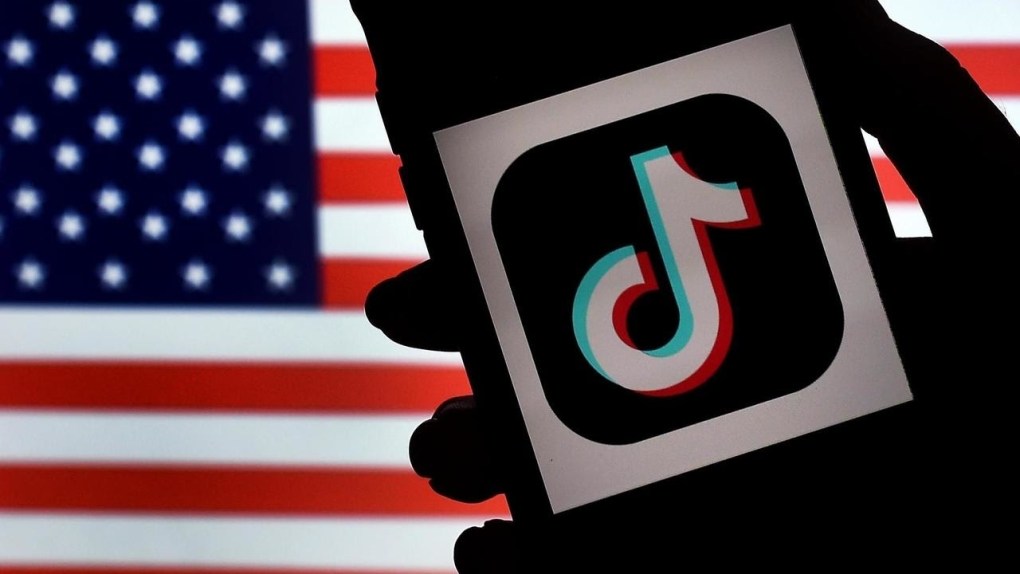
Tik Tok, the mobile app that has captivated people across all age groups, especially teenagers, might be getting banned from American markets. This threat of a possible banishment has been repeated many times this year, especially during the summer, alarming both creators and viewers alike.
This possible threat of a ban comes primarily because Tik Tok is owned by a Chinese company. As tensions between the United States and China reach an all-time high, the Trump administration warns that Tik Tok is a risk to US national security. The administration argues that information collected by Tik Tok could allow the Chinese Communist Party to spy on American information by forcing Tik Tok to hand over the data and censor information it does not approve.
However, not much evidence of this security risk is available, especially due to Tik Tok not having many office locations in China despite Chinese ownership. Many point to xenophobia as a basis for President Trump’s claims. Despite the little evidence, many corporations like Wells Fargo and briefly Amazon have banned Tik Tok from company technology.
In early August, Trump issued executive orders that the US would ban two apps, TikTok and Wechat, from operating in the US if they were not sold to a non-Chinese company by Sept. 15. Over the Sept. 15 weekend, Trump allowed Tik Tok to remain on American markets, although it has already been removed from the App Store, as long as Walmart and Oracle, two American companies, control the majority of the company. However, contradictory arrangements still persist, as Oracle confirms ByteDance, a Chinese company, will not have control of Tik Tok, while Walmart states that it will now only own 20% of the company.
These threats have concerned many teenagers, who comprise the largest group on Tik Tok. Many obsessed Generation Z teenagers panic with each threat of the removal of Tik Tok. Yanelle Hernandez, a senior who boasts 110 thousand followers, said she is “worried about the constant threats to the banning of Tik Tok because many creators like me have gained a fan base, get money off of content and promotions, get to meet others and make lots of friends to express themselves truly to. It hurts to see that many people have made careers through Tik Rok and might be losing all of that soon.”
As part of a “Hype House” called “Valid Crib,” Hernandez was able to make new friends, host meet and greets and travel, all of which could stop if the Trump administration bans the app. Hernandez worries about the end of all the positive experiences that the creators and viewers have experienced.
Junior Cole Greenstein, who went viral on a video with 8.4 million views, represents a contradicting viewpoint. Acknowledging that the addicting app prevents him from studying, he said that although he will be sad, it will be “better for [him] if it gets banned.” He admitted that although Tik Tok helps destress and connect with a community of people with similar interests, it is ultimately a “waste of time” and the community can often be “toxic” due to rampant “online bullying.” He feels Tik Tok’s removal from the App Store would largely increase his productivity.
Despite these differing points of views, there is no doubt that the future of Tik Tok will greatly influence how teenagers will spend their free time. Depending on the future relations between US and China or if another country decides to buy it, Tik Tok may or may not be allowed to stay.





